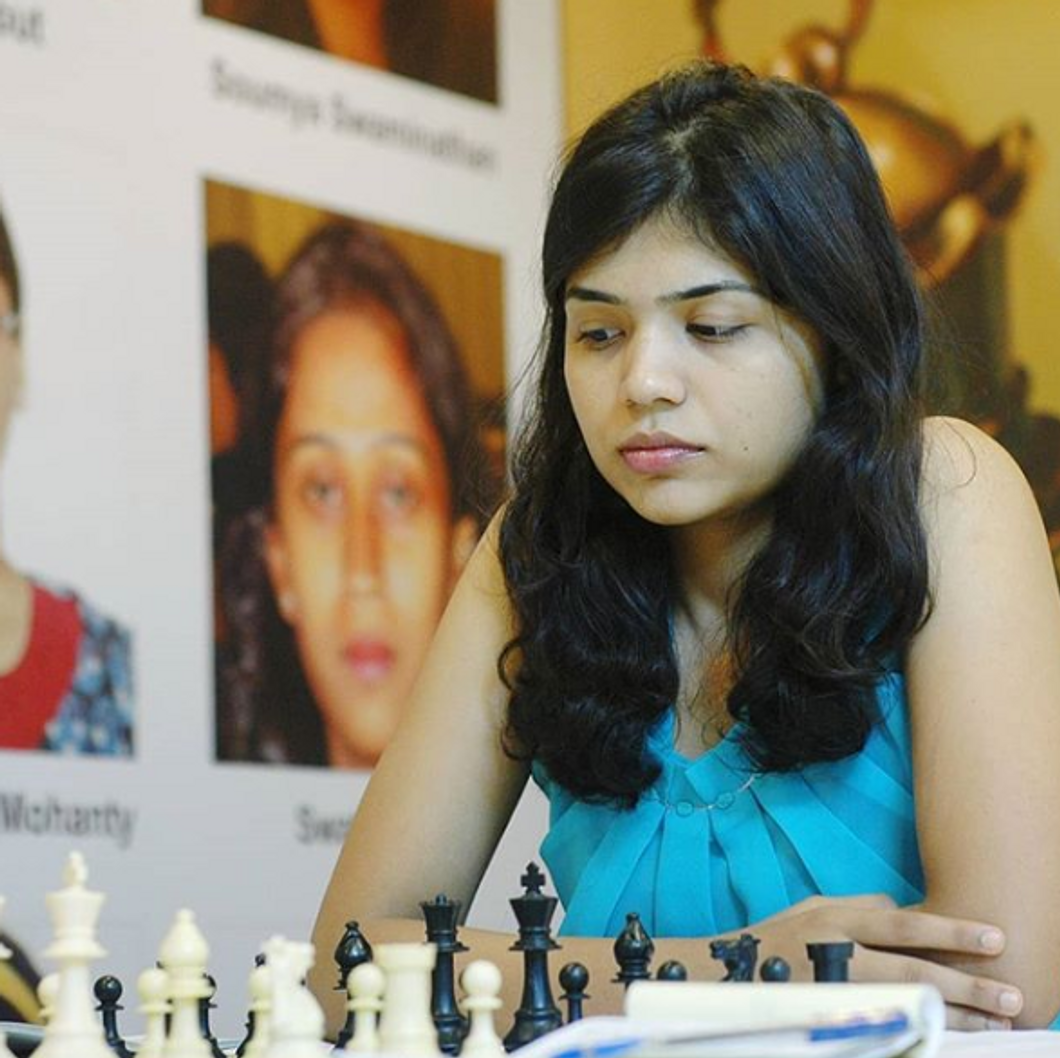Soumya Swaminathan is not a common household name in any regards, and it wasn't until recently that I learned about who she was. The 29-year-old is a popular chess player in India who holds the title of Woman Grandmaster and has competed in and won several international chess tournaments. She was scheduled to compete in the Asian Nations Cup Chess Championship 2018 in Iran from July 26th to August 4th, but formally excused herself from the competition due to Iran's compulsory law where women are forced to wear a Headscarf or Burkha.
Swaminathan justified her refusal to compete in Iran in a Facebook post, where she detailed how she found the "Iranian law of compulsory Headscarf to be in direct violation of my basic Human Rights including my right to freedom of expression, and right to freedom of thought, conscience and religion. It seems that under the present circumstances, the only way for me to protect my rights is not to go to Iran." She further discussed her disappointment in the tournament organizers for ignoring the rights of the players when picking a location for the championship and ended her post by stating that issues like these "cannot be compromised."
It is undeniable that cultural sensitivity and disputes over religion have become more tense and magnified in the past few years. All over the world, riots and uprisings have been caused by people who are not able to practice their religion freely and who are oppressed by what they believe. We have grown more and more aware of these particular situations as we hear about them through the news and make it a priority to let people practice their own religious values. Mosques are now situated next to churches and schools are mindful of students who choose to wear turbans, headscarves and other religious clothing to school.
Soumya's actions are not novel, as other Indian female athletes, such as Heena Sidhu, have pulled out from competitions in Iran for the same reason previously, yet Soumya's demeanor and the way she handled the situation is particularly impressive.
While we go about respecting other people's identities, Swaminathan has shown us that on the flip side, it is important to respect those who do not wish to partake in religious beliefs. Rather than disrespecting Iranian law and custom, Swaminathan took the humble approach to simply not attend, as she needed to protect her own rights. She maintained neutrality and poise as she did what's best for her without undermining Iran and the country's values.
Even though it is upsetting that Soumya will not have the chance to represent India in this particular competition, her decision is inspiring and a reminder to all of us about the importance of upholding our own personal values, but doing it in such a way where we are able to respect others who may have differing opinions.

















